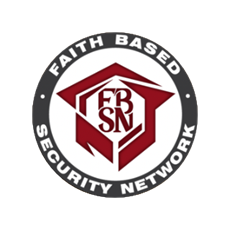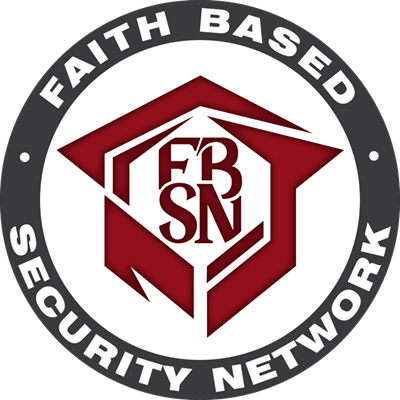Think About it -- A Ship on Dry Land
- Think About It Think About it -- A Ship on Dry Land
Sometimes I reprint something written by others. That is the case this week on a piece written by my older brother, Ed Chinn of Cool River Pub (https://www.coolriverpub.com). I typically edit them down to my standard 400 word limit, but I am breaking that rule for the first time in years with this story. I hope you enjoy it and find it as applicable to security and perspective as I did.
A SHIP ON DRY LAND. By, Ed Chinn.
By faith, Noah built a ship in the middle of dry land. He was warned about something he couldn’t see, and acted on what he was told. The result? His family was saved… Hebrews 11:7 [i]
The classic story of Noah’s ark weaves through many cultures around the world and across millennia. But beyond the saga presented on movie screens, through Bible studies, and in a big tourist attraction, that epic pulls heaven and earth together in a tight braid of timeless wisdom vs. moral goofiness and invisible vs. visible truth.
Noah’s Ark also presents a towering example of how things are rarely what they seem. Let’s look at that.
The focal point of the story is a ship sitting on dry land. Look at how it imposes a silent but disruptive image. Profoundly countercultural—out of sync with, and challenging to, everything—Noah’s ship had no flow with its environment. None. It was built in one time and place but would only work in a distant future no one had seen or considered. As we zoom out, we see a massive disaster racing like a tsunami below the surface. It’s moving toward us and all we cherish.
Since no one could see the storm coming, a farmer building a 500-foot-long ship in his pasture probably suggested he was insane. He was apparently the only person on earth who built a ship “in the middle of dry land.” His neighbors probably joked about how he would drag that thing to the beach.
I guess no one thought about water rushing to the ship.
Corrupt to the Core.
God’s assessment of the earth was stark: “As far as God was concerned, the Earth had become a sewer; there was violence everywhere. God took one look and saw how bad it was, everyone corrupt and corrupting—life itself corrupt to the core. God said to Noah, ‘It’s all over. It’s the end of the human race. The violence is everywhere; I’m making a clean sweep.’” (Genesis 6:11-13)
If the Creator, who so loved the earth, held those thoughts, you know it was bad. Very bad. Beyond bad. No breezes of spiritual renewal, no prophetic voices, no fresh thinking, and no hope. “Corrupt to the core.”
We too live in a sewer. The toxic streams of injustice, poverty, violence, lust, nihilism, etc. all flow into our water supply. So, why doesn’t God just “fix it?” Maybe because He thinks in terms of generations, eons, seasons, and seeds. Every seed carries entire orchards or forests. The Lord plays the long game. The very long game.
Seeds of the Future.
Genesis 6:8 says, “Noah was different. God liked what he saw in Noah.” Because God liked the guy, he warned him about things coming that could not be seen. And Noah acted on that. So, of all the people on earth, God only disclosed his heart to one person, a man who lived by faith—total confidence in God’s purposes and promises.
God seemed more interested in saving Noah and his family than in rescuing the corrupt world. He would have a conduit for His seed that would produce a magnificent future. So, in His conversations with Noah, His words fell as seeds into Noah’s fertile and willing heart.
When those seeds came up, they caused the man to complete a grueling, audacious, and historic construction project. As a true visionary, he built something that had no apparent purpose. Because Noah aligned with the heavenly country (Hebrews 11:16), he had to build with none of the earth’s cultural and financial support.
The lines of conflict were dramatic, literally “earth shaking.” The population of the earth comprised one team. God and Noah formed the other one. Then the future dropped into the soil of one human life. Even as neighbors mocked Noah, seeds cracked open below the surface.
Then, suddenly, one day, rain revealed the only sane person on earth.
[i] All scriptures quoted are taken from THE MESSAGE: THE BIBLE IN CONTEMPORARY ENGLISH (TM): Scripture taken from THE MESSAGE: THE BIBLE IN CONTEMPORARY ENGLISH, copyright ©1993, 1994, 1995, 1996, 2000, 2001, 2002. Used by permission of NavPress Publishing Group.
Related Content





Comments